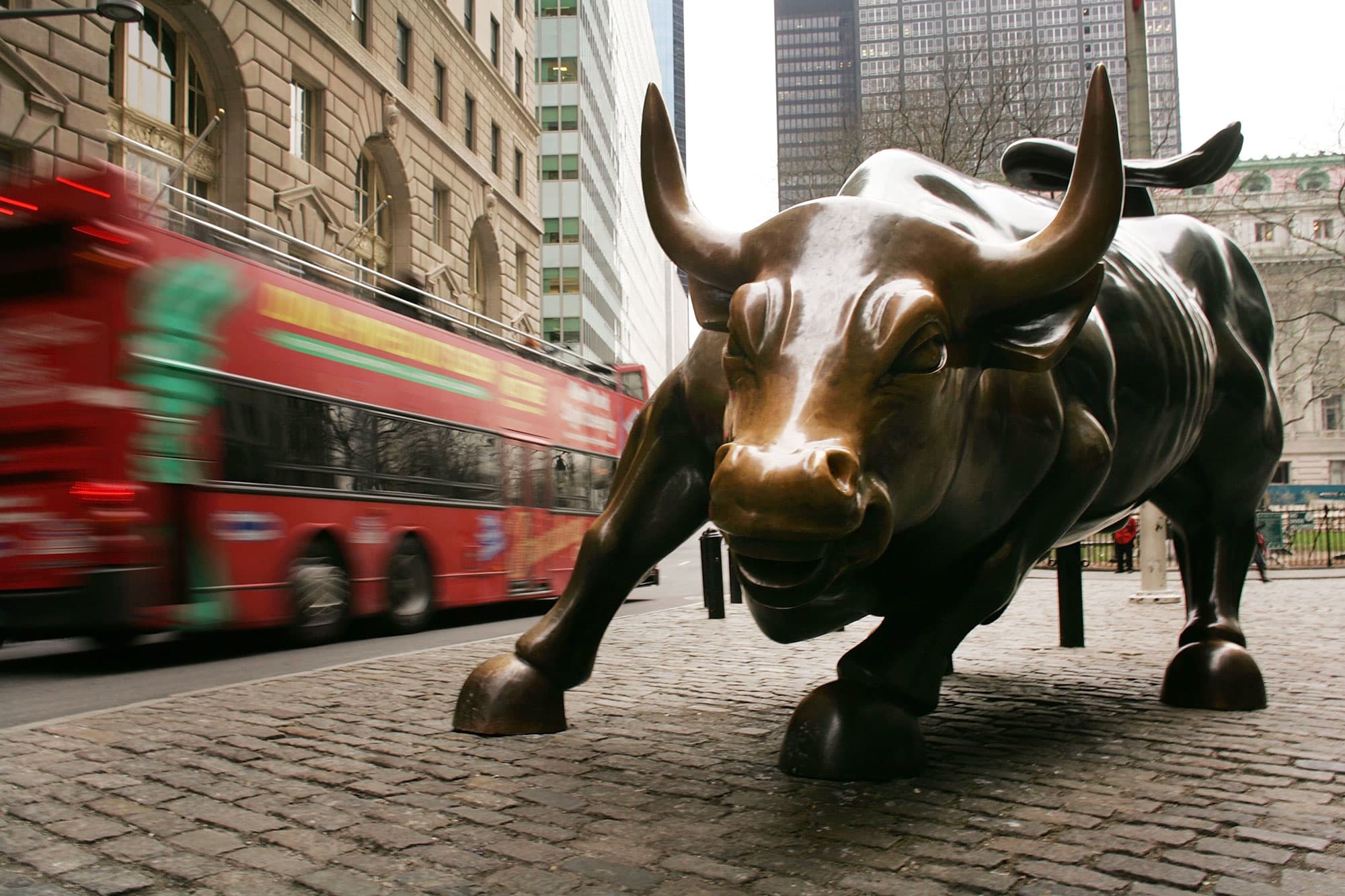
British Prime Minister Boris Johnson walks from 10 Downing Street in London, England. (Photo by Dan Kitwood/Getty Images)
Dan Kitwood | Getty Images
U.K. Prime Minister Boris Johnson has pressed the pause button on his legislation to allow Britain and Northern Ireland to leave the European Union.
On Tuesday, Johnson's withdrawal bill managed the rare feat of receiving a parliamentary majority to allow it to move forward to the next step of scrutiny. However, almost immediately his attempt to pass the legislation at breakneck speed was thwarted by the same group of MPs (Members of Parliament) who wanted more time to examine the detail.
That second vote rendered the government's ambition of exiting the EU on October 31 almost impossible and inevitably led to a cross-fire of accusation about who was responsible for holding up the Brexit process.
In Parliament, Johnson said he would hit pause on his bill until he heard from EU leaders on what extension, if any, they would now grant the United Kingdom.
Political experts at the big global banks have been attempting to work their way through the disordered political situation to see what comes next. CNBC has a round-up.
Citi
London-based analysts for Citi's European economics research team still view an exit with a deal as the most likely outcome. It says the October 31 exit date is unachievable and an extension being offered by the other 27 EU leaders is likely.
Citi noted the rapid public response Tuesday night of European Council President Donald Tusk, which led the bank to expect a three-month extension through to January 31, 2020.
The key question for the bank is whether a U.K. general election, which many believe is Johnson's preferred outcome, is held before or after Brexit. Citi says if the extension is less than three months, then Johnson's deal may return to Parliament with "sufficient support" to pass.
Goldman Sachs
Goldman Sachs analysts also still expect the bill to pass and predict the EU will grant a "technical extension" of either three or four weeks after the Halloween date.
"Although, in theory, that technical extension is likely to expire on 31 January 2020, in practice we expect it to fall once the Withdrawal Agreement Bill receives royal assent — most likely in mid- to late November," the bank said in a research note sent to clients late Tuesday.
Goldman also said there was an "insufficient appetite" within the U.K. Parliament for a general election before Brexit takes place.
On its ultimate outcome, Goldman retains a 70% weighting for a Brexit deal, 5% likelihood of "no deal" and a 25% probability of no Brexit at all.
JP Morgan
J.P. Morgan's note, issued early Wednesday, agreed that a three-month extension from the EU is likely to be forthcoming and again speculated that Brussels could highlight that it didn't have to be used in its entirety.
Analysts at the bank expect French President Emmanuel Macron and chief EU negotiator Michel Barnier to press for as short an extension as possible, in a bid to focus the minds of U.K. lawmakers.
The bank cautioned that while the EU could offer a three-month delay until the end of January, it may well backfire if Johnson decides the time would be best spent conducting a general election rather than trying to get his agreement through Parliament.
But it said it would expect Johnson to win a majority by campaigning on the back of his deal which has passed the first hurdle in the U.K.'s House of Commons.
Deutsche Bank
Analysts at Deutsche Bank are looking further ahead into the future. It warns that the lack of time between now and the end of the transition period — December 31, 2020 — means that even if the withdrawal bill can be agreed, the construction of a new free trade agreement looks "impossible."
"The transition period is extendable by up to two years, with the cut-off point for this decision (on) 1st July 2020. This creates a potentially hard deadline in eight months' time to avoid a new no-deal Brexit," said Deutsche analysts in their note Tuesday.
Deutsche believes the closeness of the future ties between the U.K. and EU is still very much "up for grabs" and that it will be dictated by an election which is set to take place shortly after a Brexit withdrawal deal is ratified.
Deutsche says it retains a "long sterling" call but is set to reassess this in the coming weeks.
UBS
The Swiss bank is also "overweight" sterling versus the dollar and says the likelihood of a no-deal Brexit is now at its lowest than at any time in the last few months.
It says it expects the pound to now settle into a $1.26 to $1.32 range. UBS is another that says an October 31 exit date cannot happen.
UBS analysts say they are taking Johnson "at his word" that he now seeks a general election, and their base case is for the vote to take place before any withdrawal deal is sealed.
It adds that if the ruling Conservative Party is successful, it will deliver the withdrawal in its current form. But if opposition parties prevail, then a second public vote would remove no deal as an option completely, UBS added.
Now watch: Boris Johnson accused of "artificial crisis"
"how" - Google News
October 23, 2019 at 07:51PM
https://ift.tt/2oXq7hM
Here's how Wall Street analysts see the big Brexit tangle unfolding - CNBC
"how" - Google News
https://ift.tt/2MfXd3I
Bagikan Berita Ini














0 Response to "Here's how Wall Street analysts see the big Brexit tangle unfolding - CNBC"
Post a Comment